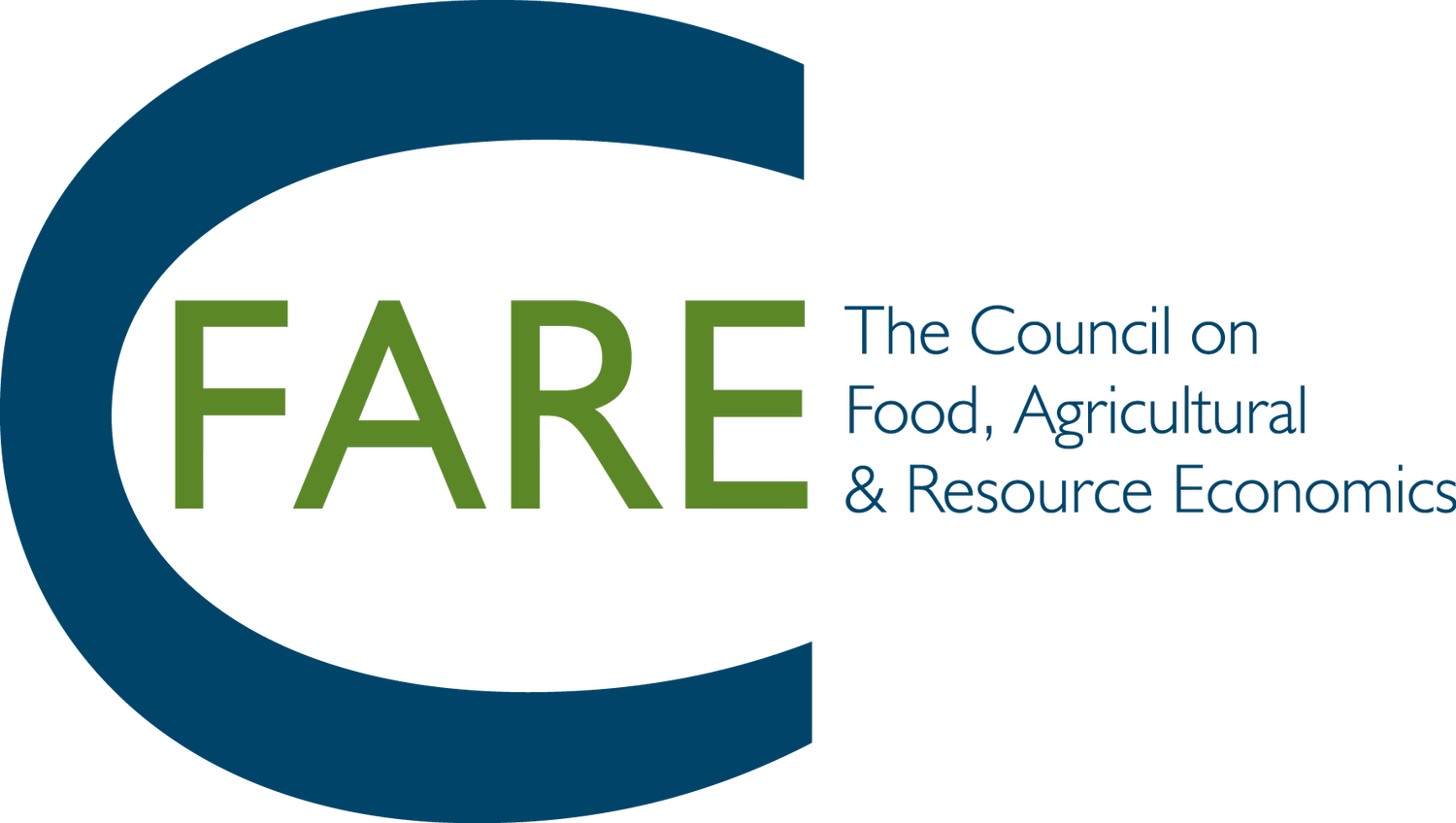Charting a Sustainable Course: Solutions for Aviation Decarbonization
With the aviation industry facing increasing pressure to curb its greenhouse gas emissions, the webinar presents information to understand better the likely effective and sustainable solutions from proposed regulations. Our webinar offers the industry's perspectives on the economic and logistical aspects of transitioning to lower-carbon fuels and addressing supply chain constraints, infrastructure needs, and potential investment opportunities.
Jennifer Aurandt-Pilgrim – Marquis
Jennifer Aurandt-Pilgrim, representing Marquis, provided an insightful look into the company's ambitious efforts to decarbonize ethanol production and support the SAF industry. Marquis operates one of the world's largest ethanol plants in Hennepin, Illinois, producing 400 million gallons annually and exporting to 36 countries. The company is actively investing in carbon capture and sequestration (CCS) technology, with plans to construct a CCS plant by 2026 and begin producing CO2-derived ethanol by 2027, both pending permits. Additionally, their upcoming combined heat and power (CHP) system will enhance efficiency by generating electricity from natural gas. With a strong commitment to sustainability, Marquis is leveraging bio-based feedstocks to create ethanol and renewable diesel, ethylene, and bioplastics, demonstrating how bio-refineries can play a crucial role in global decarbonization efforts.
A key aspect of Marquis' strategy is reducing its feedstocks' carbon intensity (CI) through sustainable farming practices. The company has certified over half of its corn supply under a third-party verification system that ensures lower carbon emissions from farming operations. Additionally, Marquisis is advocating for 45Z to be tied to the USDA CSA program to financially incentivize farmers to adopt carbon-reducing practices. The company is also developing an ethanol-to-jet fuel process, backed by an FAA grant, to produce 100 million gallons of SAF annually by 2030. By integrating CCS, sustainable farming incentives, and innovative fuel production methods, Marquis aims to achieve carbon-neutral, if not carbon-negative, SAF—setting a new standard for sustainable biofuel production.
This program is supported in part by the Agricultural and Applied Economics Association and the US Department of Agriculture’s Economic Research Service, and the National Agricultural Statistics Service.
Those who register but cannot attend our webinar can always view a recording of it later at the council’s YouTube channel.
